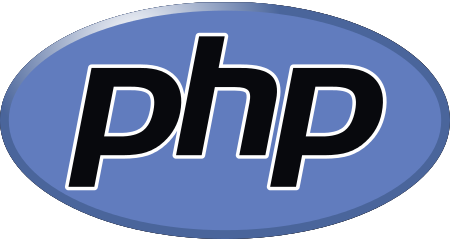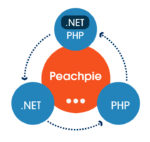Enterprise PHP developers won’t be left out of the cloud and mobile parties, thanks to Zend. At the company’s annual conference in early November, Zend released updates for its Zend Framework and Zend Studio products. But perhaps the most important news was around projects the company is currently working on, such as the Zend PHP Cloud Application Platform, scheduled for next year.
Andi Gutmans, CEO and cofounder of Zend, said that his customers were having trouble building scalable, manageable applications that can run in the cloud. In response, Zend has been working on constructing many of the necessary pieces of that puzzle. Next year, the Zend PHP Cloud Application Platform will provide much of the infrastructure needed to make applications scaleable and manageable in the cloud, said Gutmans.
“We will provide portability across different cloud infrastructures,” he said. “This will be a next-generation platform that deals with a lot of these issues. We will deliver these system architectures out of the box. It will run on Amazon, it will run on VMware and other cloud infrastructures that are important to our customers.”
At the conference, Zend Studio 8 was released to the public. This updated PHP development environment now includes integrations with VMware Workstation. This allows developers to quickly spin up a test environment for their PHP applications on their desktops.
“We can tie a PHP project to a VM instance, or snapshot in VMware,” said Gutmans. “When you fire up your project, the VMware instance fires up, so testing and debugging is easy. You also get the benefit that your Linux files are already mapped into VMware. If you edit a project and change it, it immediately changes inside the VM.”
Gutmans said that PHP is now considered to be an enterprise-grade development language, and to hammer this point home, representatives from the New York Stock Exchange were on-hand to discuss their use of the language.
But while Gutmans insisted that PHP use in enterprises is growing, Mike Gualtieri, principal analyst at Forrester, said that he no longer hears questions from enterprises about any of the dynamic languages, such as PHP, Python and Ruby. He said that these languages in the past promised faster development times, but in the end, enterprises have found this not to be the case for any of them.
While Gualtieri acknowledged that these languages are still in use thanks to ongoing projects, he said he hasn’t heard from any enterprises looking to move to PHP, or to begin new projects written in the language. That doesn’t mean that PHP isn’t being used, however: Open-source content management system, Drupal, is written in PHP.
“Where I do hear about PHP is in the context of Drupal,” said Gualtieri. “I hear Drupal far more than I hear PHP. You have people adopting Drupal who need to use PHP.”






